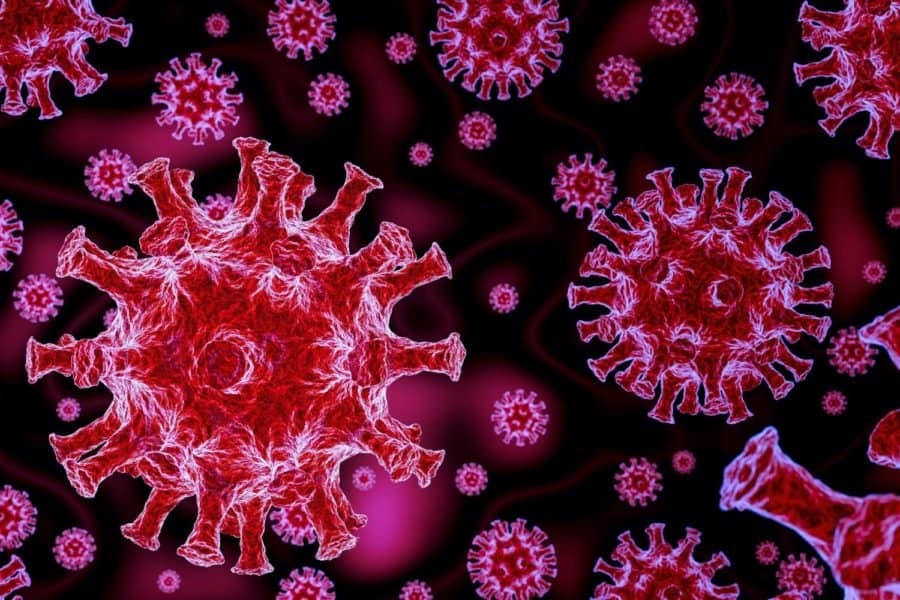A groundbreaking study utilizing machine learning has identified the most effective drug combinations for preventing recurrent COVID-19 infections, revealing that these combinations vary depending on individual characteristics. Led by UC Riverside, the study analyzed real-world data from a Chinese hospital and determined that factors such as age, weight, and existing illnesses determine the drug combinations that are most successful in reducing recurrence rates. The findings have been published in the journal Frontiers in Artificial Intelligence.
The significance of the data coming from China lies in two key factors. Firstly, compared to the U.S., Chinese doctors were able to prescribe a larger variety of drugs, allowing for analysis of a greater number of drug combinations. Secondly, COVID-19 patients in China undergo mandatory quarantine in government-run hotels after hospital discharge, enabling researchers to gain systematic insights into reinfection rates.
Professor Xinping Cui, a statistician at UCR and one of the study’s authors, emphasized the uniqueness of the study, stating, “You can’t get this kind of data anywhere else in the world.”
The research project began in April 2020, with a focus on recurrence rates rather than fatality rates. The doctors in Shenzhen, near Hong Kong, observed that fewer people were dying, but approximately 30% of patients tested positive again within 28 days of being discharged from the hospital.
Over 400 COVID-19 patients’ data was included in the study. The patients had an average age of 45 and exhibited moderate cases of the virus, with an equal distribution between genders. Treatment involved various combinations of antiviral, anti-inflammatory, and immune-modulating drugs, such as interferon or hydroxychloroquine.
The different levels of success with various combinations among different demographic groups can be attributed to the virus’s behavior. COVID-19 suppresses interferon, a protein that cells produce to inhibit invading viruses. Weaker immune systems require immune-boosting drugs to effectively combat the infection, while younger individuals may need immune suppressants to prevent excessive inflammation and tissue damage.
According to Associate Professor Jiayu Liao, a co-author of the study, age differences and other medical conditions like diabetes and obesity should be considered when determining treatment options, rather than offering a uniform solution to individuals aged 18 and above.
Unlike typical drug efficacy tests conducted through clinical trials, this study utilized real-world data, which required adjustments for various factors that could influence observed outcomes. The researchers developed a technique to account for confounding factors by virtually matching individuals with similar characteristics who received different treatment combinations, enabling them to determine the efficacy of treatment combinations across different subgroups.
While our understanding of COVID-19 has improved and vaccination has significantly reduced mortality rates, there is still much to learn about treatments and preventing reinfections. The researchers hope that these findings will assist in addressing the concerns surrounding recurrent infections. Machine learning has played a significant role in various aspects related to COVID-19, including disease diagnosis, vaccine development, drug design, and now the analysis of multi-drug combinations. The lead author, Jiayu Liao, believes that machine learning and artificial intelligence will have an even greater impact in the future, particularly in the field of personalized medicine.


